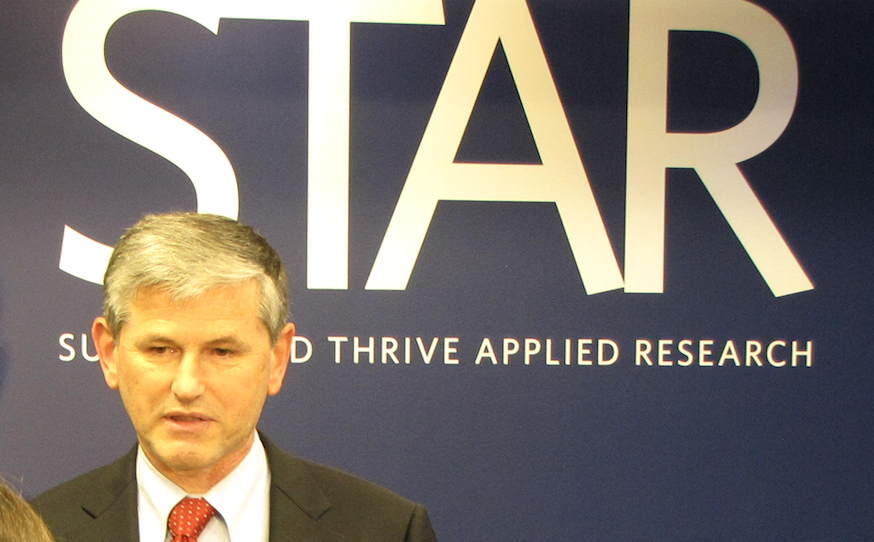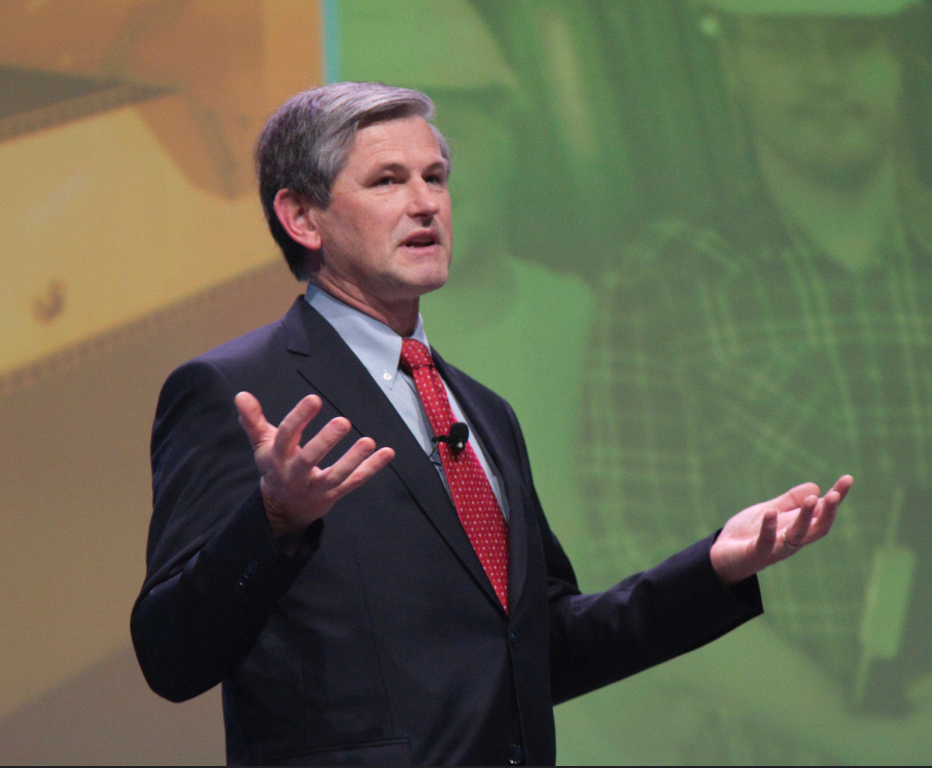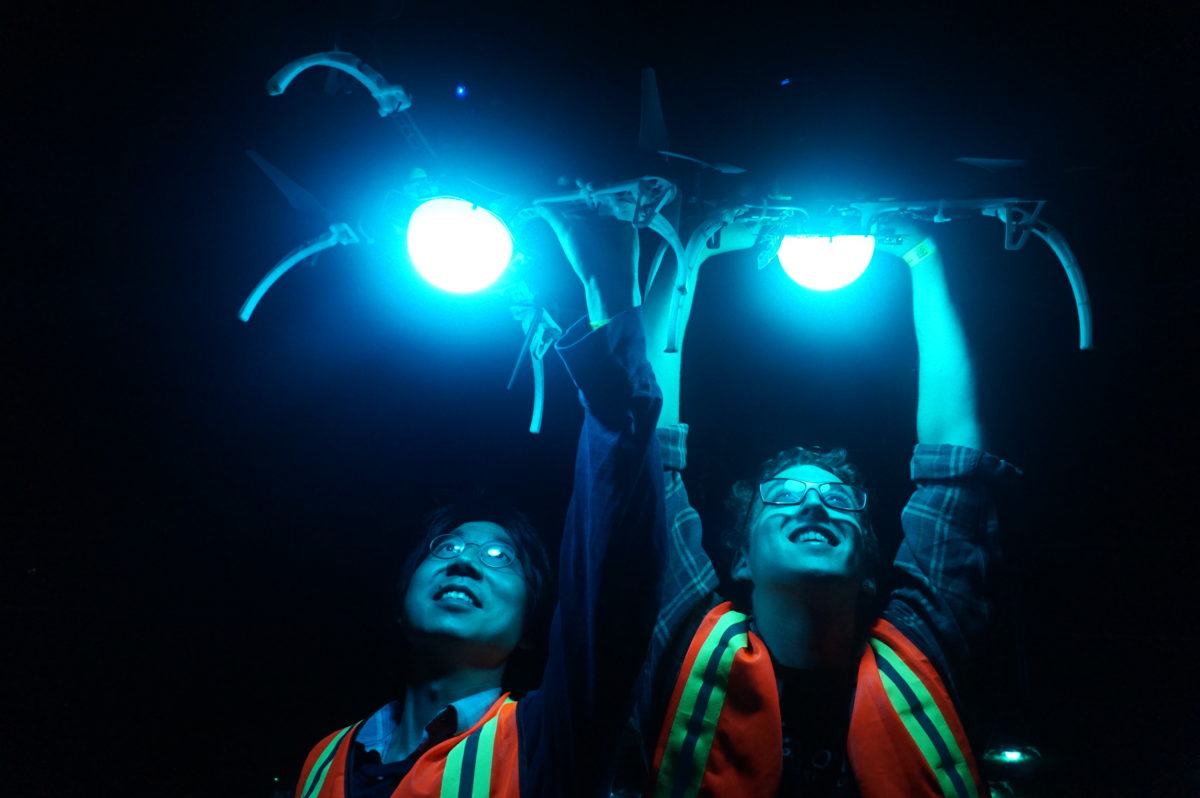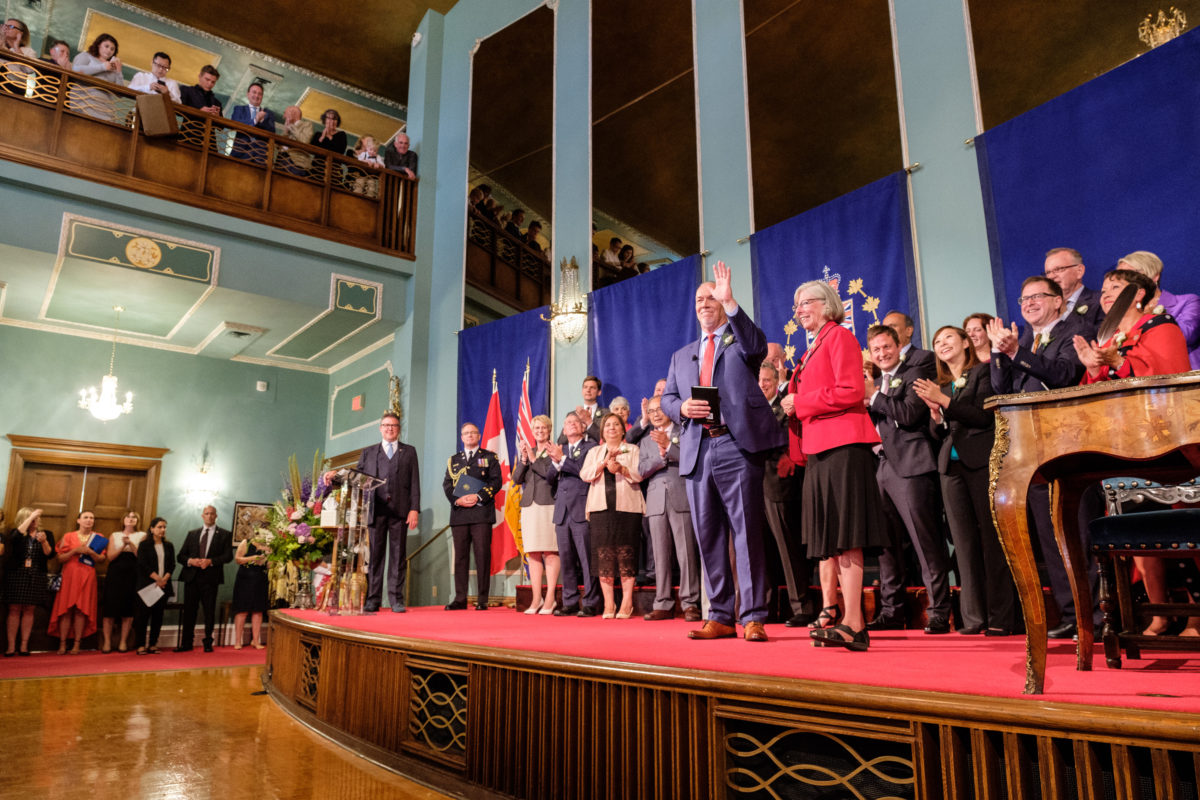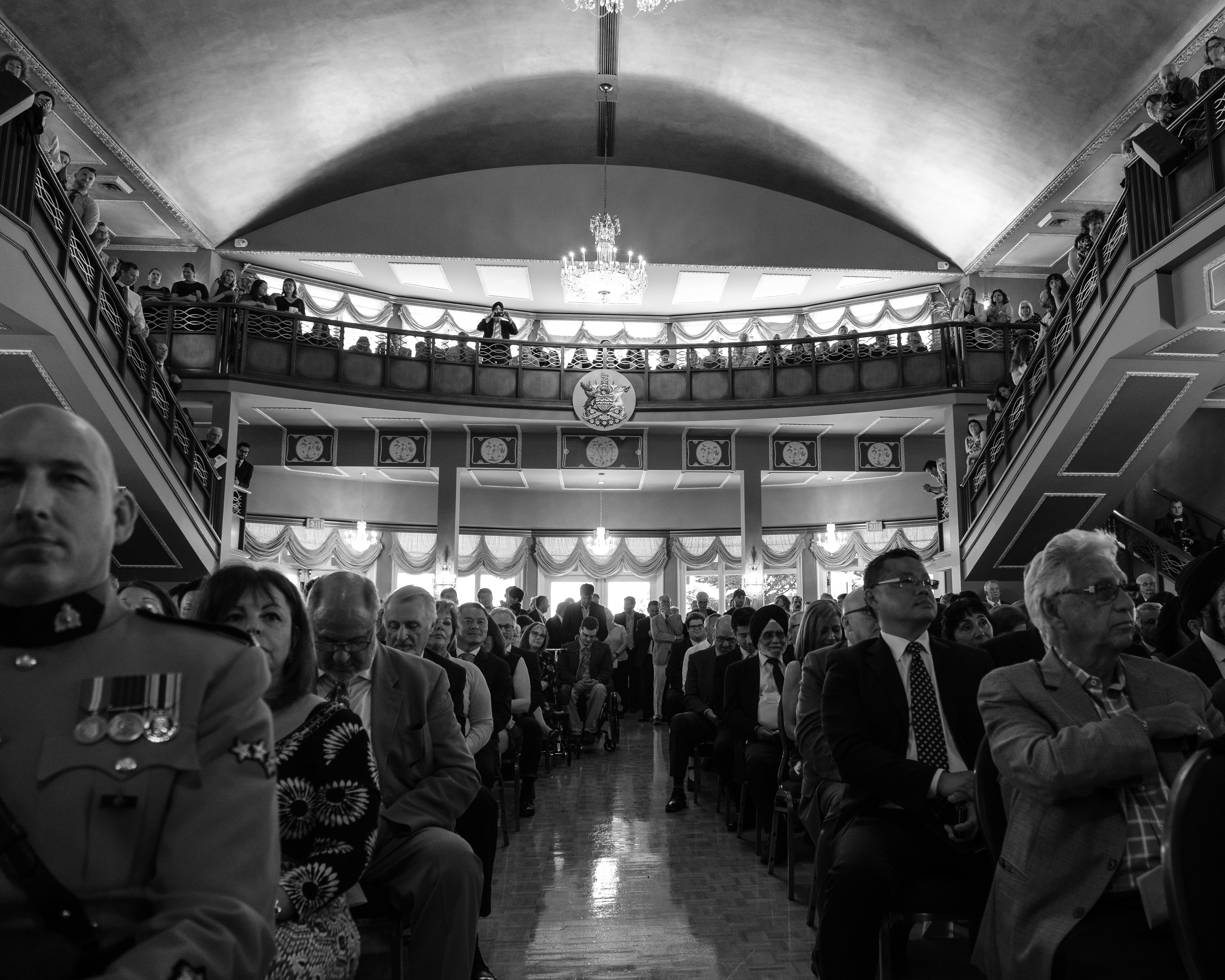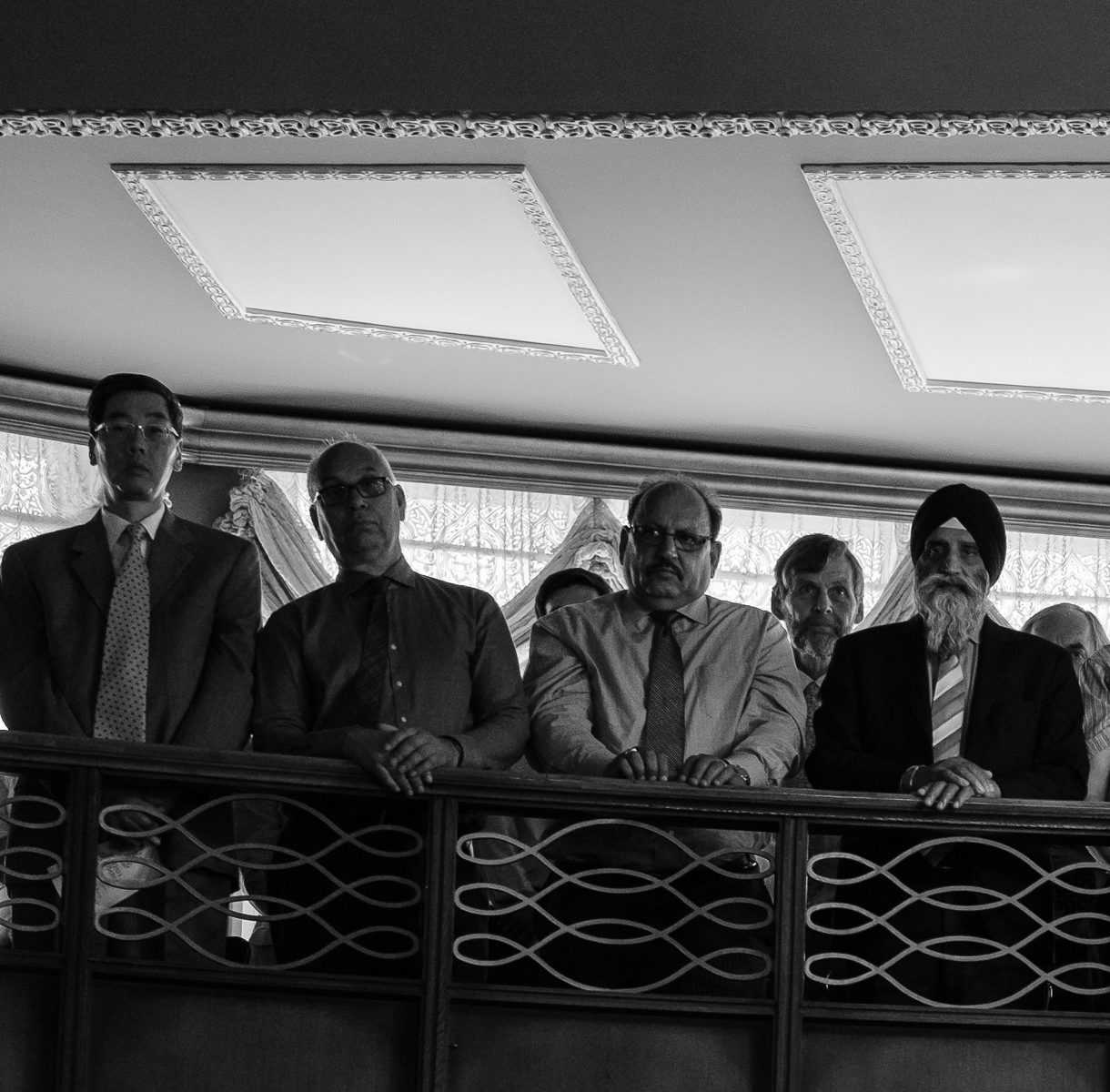Bob Mackin
“Let’s all go to the lobby, to get ourselves a treat.”
The old movie theatre intermission announcement could just as easily apply to the corridors of government in British Columbia. It is no secret about how politicians and their staff have figured out how to treat themselves by parlaying their time in public office into personal profit.
NDP Attorney General David Eby pledges that is about to change, with new laws to be introduced after the Legislature resumes on Sept. 8.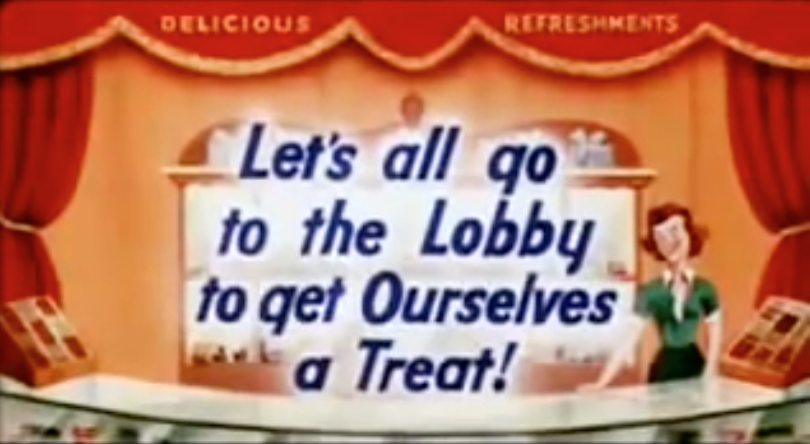
“We want this bill to be able to achieve what the public wants and what we think the majority of the legislature wants, which is restrictions around peiople using inside knowledge gained from their public employment to profit from it privately,” Eby told theBreaker.
In part one of this two-part series, theBreaker detailed some of the BC Liberals who cashed-in. Now, in part two, a look at those NDP insiders who are replacing those Liberals who were access brokers over the last decade-and-a-half.
Who’s in
- Brad Lavigne has seven contracts on the go through Toronto-based Counsel Public Affairs Inc.

Lavigne
Late federal NDP opposition leader Jack Layton’s campaign manager and communications director previously worked in the B.C. NDP government from 1998 to 2001 as an aide in the office of the premier and chief of staff to the finance minister. He cut his teeth in campus politics as chair of the Canadian Federation of Students.
Lavigne’s B.C. clients, so far, are in the business of pills, piles, cash, cars, apps and pot: GlaxoSmithKline Inc., B.C. Real Estate Association, Parkbridge Lifestyle Communities, Totem Capital Corp., Toyota Canada Inc., Carrot Insights and Eden Medicinal Society.
Carrot’s registration says it has received $2.5 million from B.C. taxpayers and it wants more for its healthy living promotion and consumer loyalty app. Lavigne is an executive advisor for Carrot, along with Rogers CEO Joe Natale. Carrot’s chair is Irfhan Rawji, a principal at one of Lavigne’s other clients, Totem.
Parkbridge was Lavigne’s latest registration, on Sept. 1. Lavigne’s registration describes it as an owner, operator and developer of residential land lease communities, recreational resorts and marinas. But what makes it so intriguing is that the parent of the Calgary company is the B.C. Investment Management Corp., the giant $135.5 billion Crown pension fund. Lavigne is, essentially, being paid by a Crown corporation to lobby government.
- Michael Gardiner is a newly minted principal of Ascent Public Affairs with Kimanda Jarzebiak and Geoff Ingram, but also runs his own shop, MG Strategies.

Gardiner
Gardiner was NDP provincial director for two years after managing Horgan’s leadership win. Back in 2000, he was advanced education minister Graeme Bowbrick’s assistant for six months.
Gardiner is tied with Lavigne, with seven clients: Calgary-based oil and natural gas explorer Tourmaline Oil Corp., Rick Hansen Institute, LifeLabs, Genome B.C., B.C. Technology Association, mobile and Internet of things incubator Wavefront Accelerator and Uber competitor Lyft. UPDATE: On Sept. 18, Gardiner gained his eighth client registration, with Telus, the omnibus telecommunications provider to the government since 2011.
Coming soon?
- Former NDP and Vision Vancouver backroomer Marcella Munro made waves two summers ago when she moved to the other side of the Rockies to join the Rachel Notley NDP administration in Alberta.
She was paid $130,000-a-year as stakeholder engagement and communications manager at Notley’s Calgary office.
Munro was later transferred to the energy minister’s chief of staff, but is now out of the Notley crew and into KTG Public Affairs. That is the firm founded by Conservative Ken Boessenkool, NDPer Brian Topp and Liberal Don Guy.
Guy announced Munro’s acquisition on his LinkedIn page, which also said Jamey Heath quit KTG to take a senior communications job in the Notley government and ex-federal NDP candiate Aileen Burke was joining his firm.
“Ken, Brian and I welcome Marcella Munro as senior strategist,” Guy wrote. “Marcella expands our reach with her terrific network in British Columbia and across the country, as well as our strategic communications planning and execution abilities.”
The former Earnscliffe lobbyist had 28 client registrations during her B.C. lobbying career, including Chevron, Canadian Beverage Association, McDonald’s, Spectra Energy, Glaxosmithkline, Cement Association of Canada, Alliance of Beverage Licensees of B.C. and B.C. Salmon Farmers Association.
“It was time for me to get back to the private sector,” Munro wrote to her followers.
“I’ll be based in Calgary, but expect to be seeing a lot more of friends in B.C. and Ontario in my new role.”
Munro’s other claim to fame is her onetime, odd couple relationship with ex-NDPer Brad Zubyk, the Z in the BC Liberal-allied lobbying firm Wazuku.
Out of the game, for now
- In early August, Wazuku began adapting to the new reality of an NDP government in B.C.
It hired Port Coquitlam city councillor Brad West, who was NDP MLA Mike Farnworth’s constituency assistant from 2008 to 2011 and an aide on his unsuccessful leadership campaign in 2014.
By the end of August, however, the West recruitment announcement was gone from the Wazuku website and so was West’s photo. Wazuku’s Kim Haakstad, the company’s government affairs managing director, did not respond to theBreaker. West said by email that he is not employed by Wazuku, but continues to work as a staff representative for the United Steelworkers (the union that was the biggest financial backer of the NDP election campaign at more than $750,000.)
Sihota told theBreaker on Aug. 29 that he was no longer involved with CSG, despite being prominently featured on the CSG website. Sihota disappeared from the CSG website by the end of the day, after theBreaker contacted the firm.
“He is correct,” said CSG co-founder Michael Lohner. “Our website is out of date. Moe worked as a counsel to the firm in Alberta as he indicated, but hasn’t been involved for many months.”
Sihota admitted his phone has been ringing since the NDP came to power on July 18 (with help of the Greens).
“If I am going to be lobbying, I’ll register,” Sihota said. “You get all sorts of calls from all sorts of people, but I’m not doing any of that work at this point, so there is no need to register.”
Sihota owns the Four Points by Sheraton Victoria Gateway in suburban Langford. He declined to comment on the NDP-cancelled bid for the 2022 Commonwealth Games, which would have relied heavily on Langford venues.
Bob Mackin
“Let’s all go to the
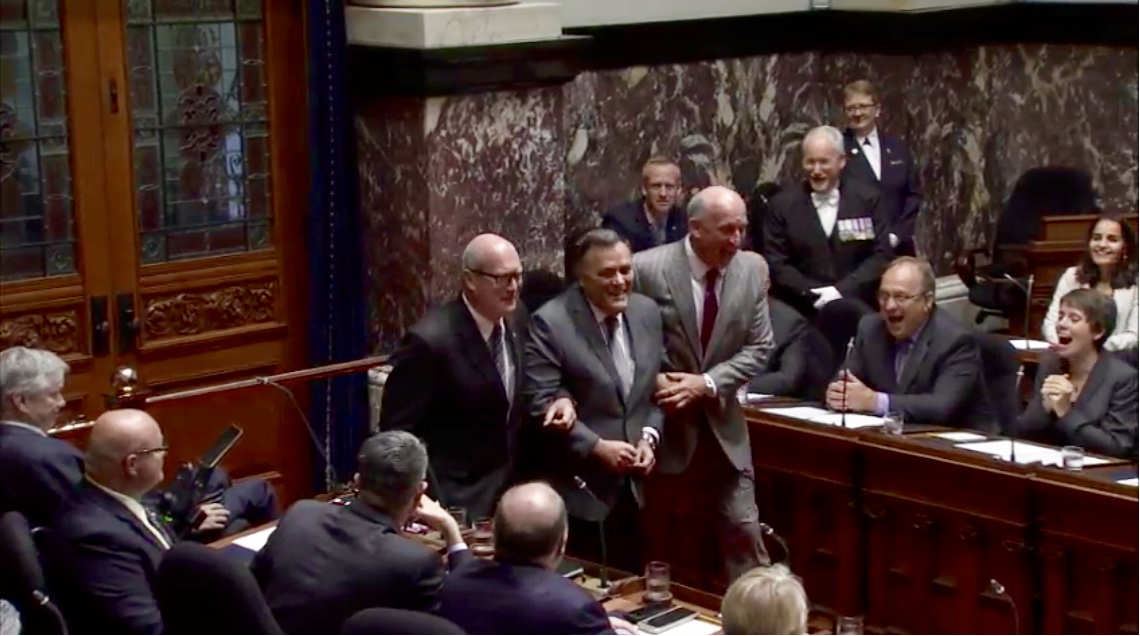






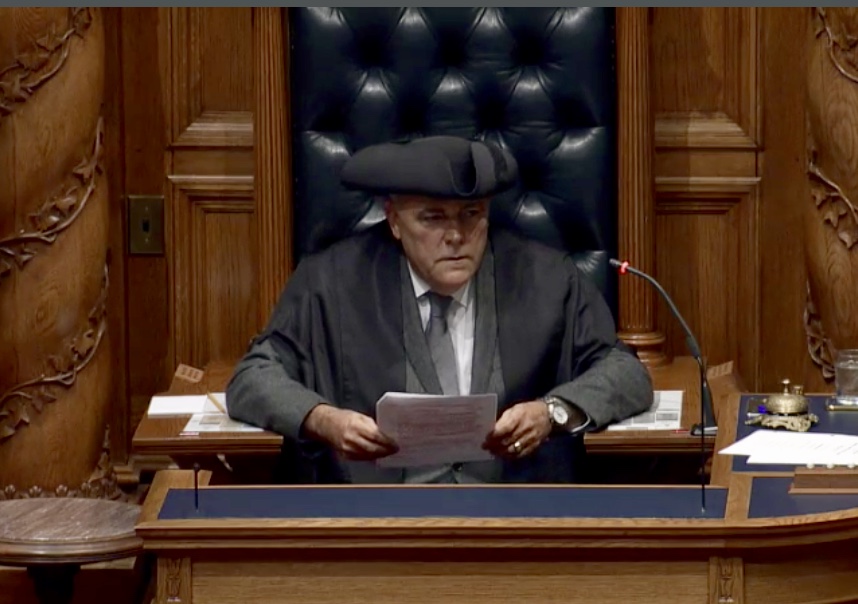
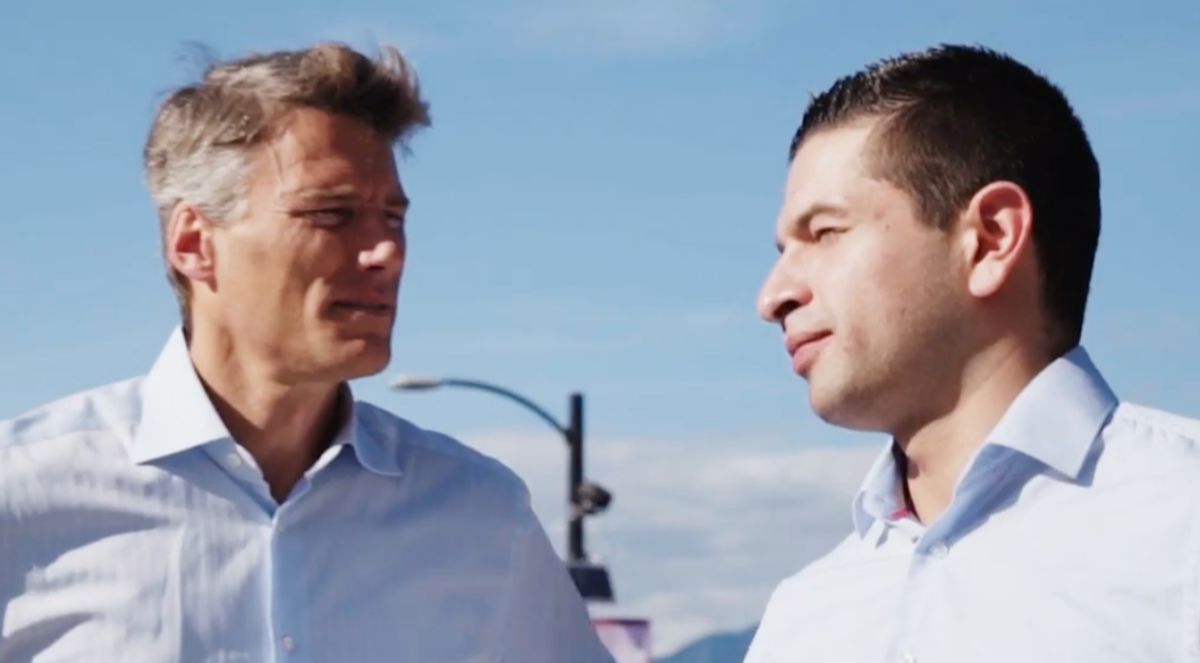
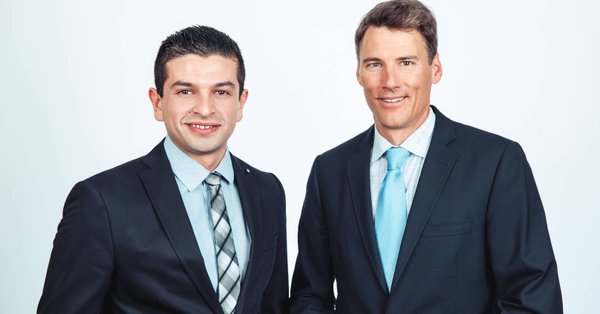






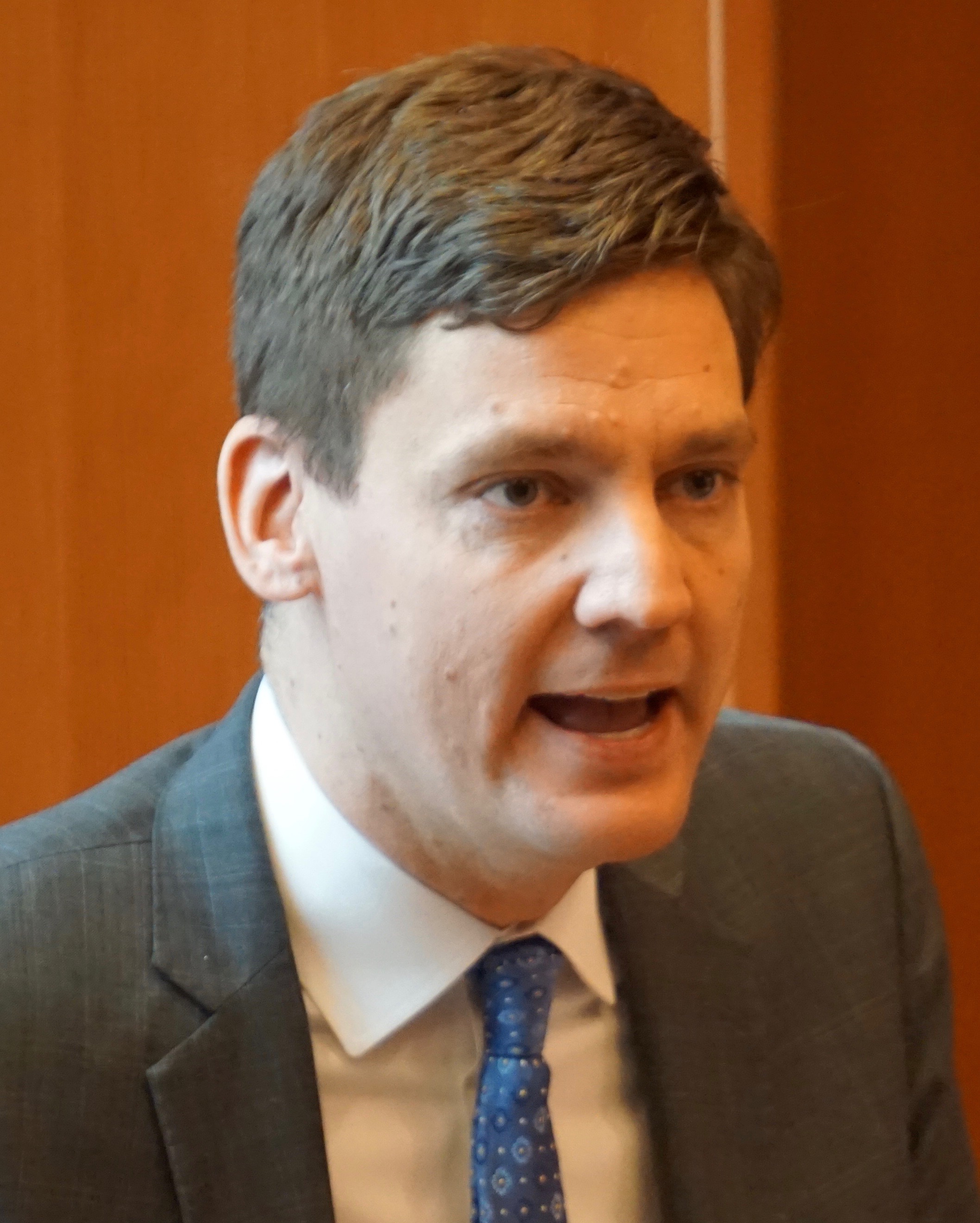
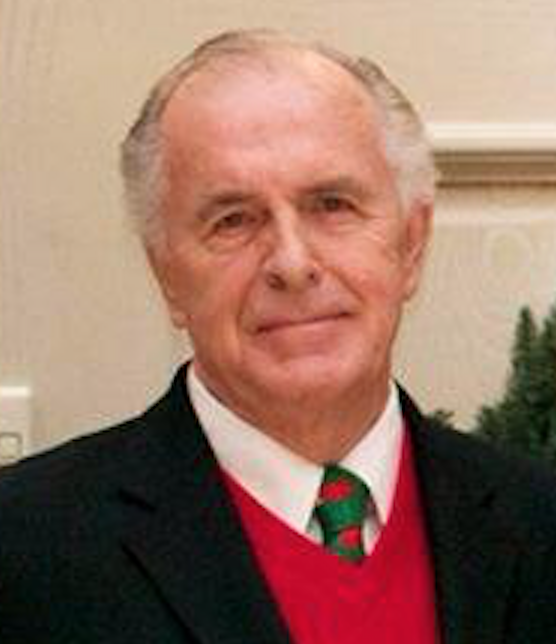
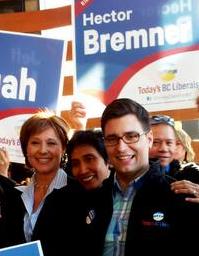
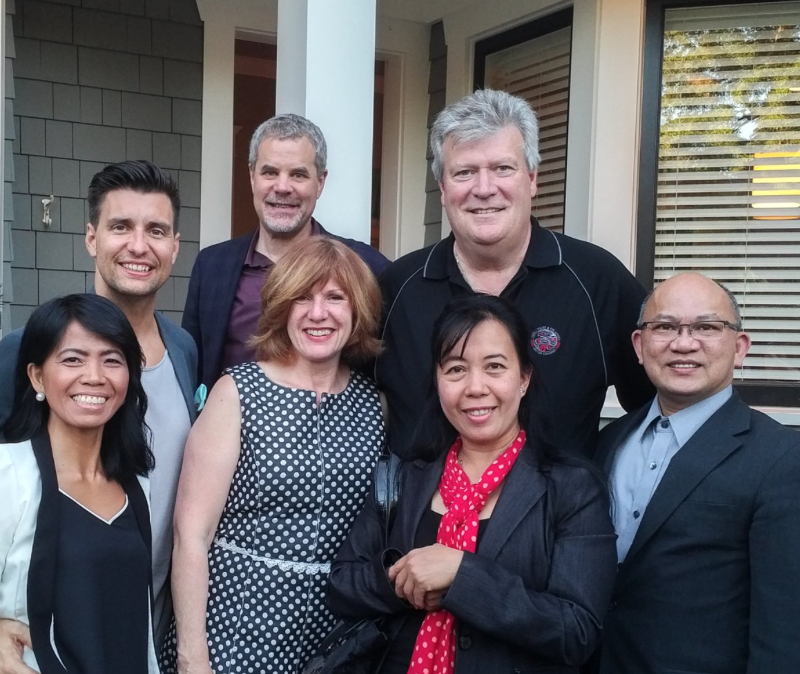

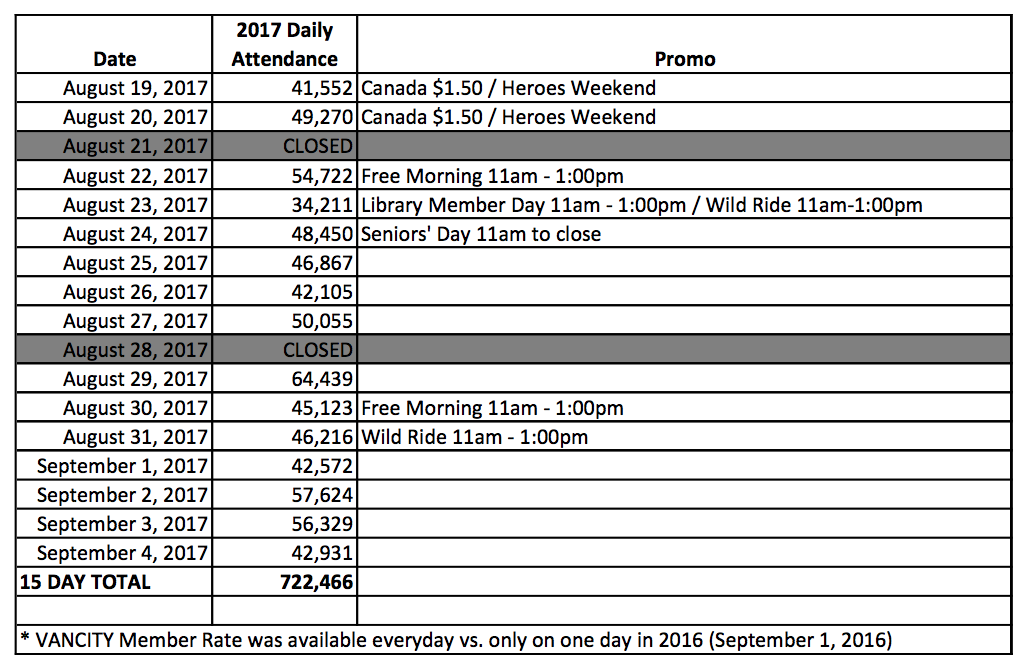
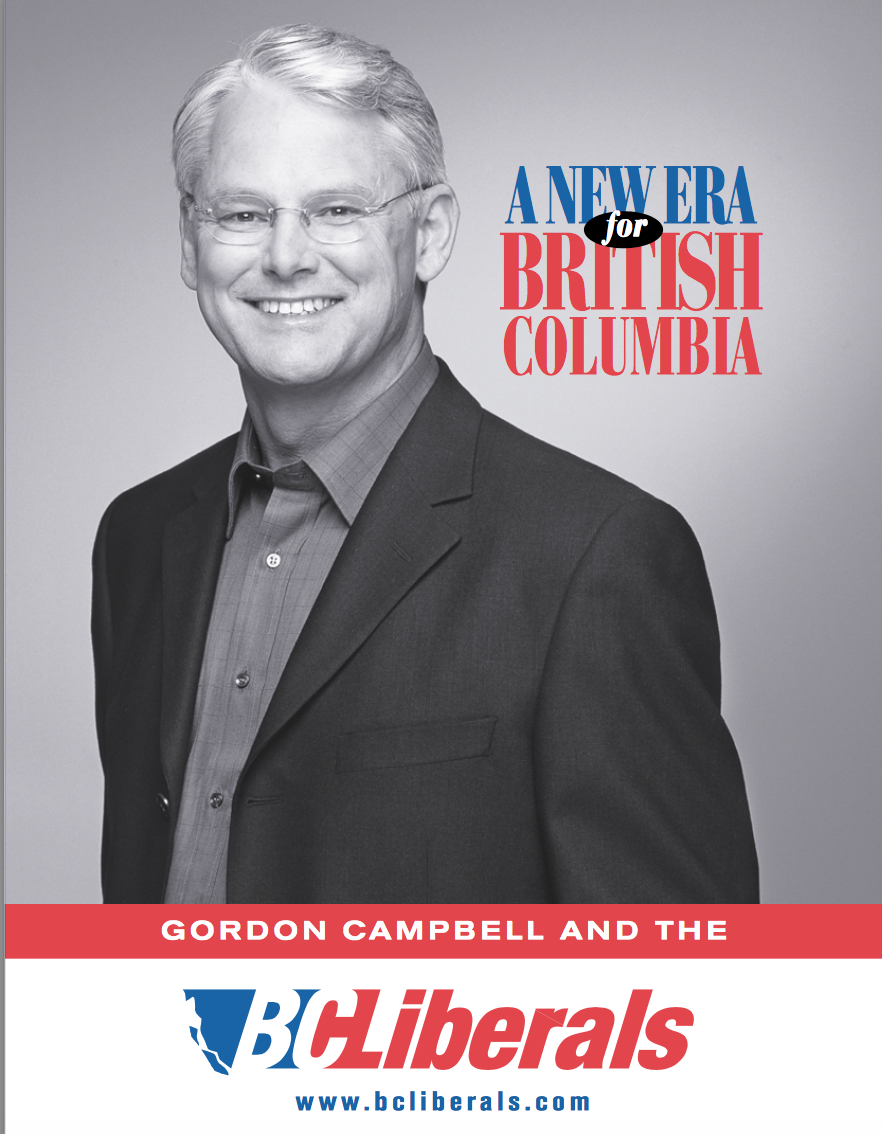
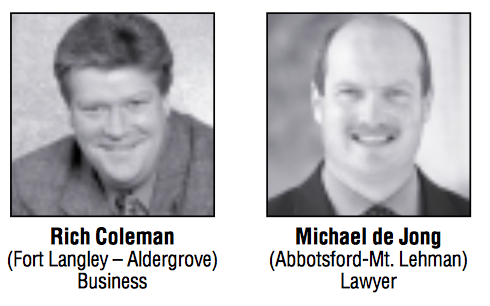
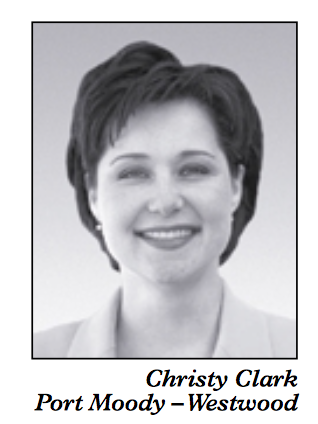 advertising waste.
advertising waste. 